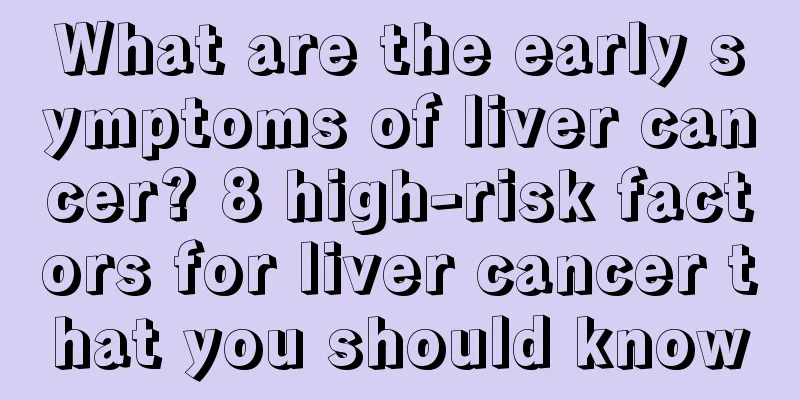Side effects of enhanced CT

|
When you do an X-ray or ultrasound in the hospital, you will often learn about the use of contrast agents. Contrast agents come in handy when traditional radiation methods cannot support medical purposes. After the human body ingests contrast agents, it can emit clearer images that are easier to observe and are also beneficial for studying the disease. However, as a chemical agent, the use of contrast agents has not yet been popularized. So, what are the side effects of enhanced CT? What is a contrast agent? Contrast media (also known as contrast media) are chemicals injected (or taken) into human tissues or organs to enhance imaging observation effects. These products are denser or denser than surrounding tissue, creating contrast that is used to display images using certain devices. Such as iodine preparations and barium sulfate commonly used in X-ray observation. Contrast agents are one of the most commonly used drugs in interventional radiology procedures and are mainly used to display blood vessels and body cavities. There are various types of contrast agents, and most of the contrast agents currently used in interventional radiology are iodine-containing preparations. Since the first successful femoral artery angiography using 50% sodium iodide in the United States in 1924, contrast agent products have been continuously updated, just like the development of interventional radiology. Next, let’s learn about the side effects of CT contrast agents. Are there any side effects of CT contrast agents? CT iodine contrast agents have certain adverse reactions, such as gastrointestinal reactions, vomiting, urticaria, shock and even death. Most hospitals perform iodine contrast agent allergy tests, but as a product that has been used for decades, it is safe for clinical use. The proportion of serious adverse reactions, such as shock, is about one in a thousand, and the death rate due to shock is only one in ten thousand. Professor Li Kuncheng, a famous radiation expert, believes that strictly speaking, the adverse reactions to CT contrast agents are not allergic reactions, but "allergic-like reactions." Because allergic reactions have an "allergen", the allergic-like reaction to CT contrast agents has no allergen, but modern medicine cannot clearly explain the mechanism of its occurrence. Some people are fine when injected with small doses of CT contrast agents, but have adverse reactions when injected with large doses; some people have reactions when injected with small doses of contrast agents, but are fine when injected with large doses. People with different body types react differently, and this is not a true allergic reaction. In addition, patients with renal insufficiency should not undergo enhanced CT examinations. Therefore, if you experience the above side effects after ingesting CT contrast agents, you should report it to your doctor promptly. |
<<: What is the best thing for moistening the lungs?
>>: Side effects of sweet potatoes
Recommend
What to do about bad breath? 12 ways to get rid of bad breath
The mastery of methods and techniques for removin...
What are the causes of cracked lips?
There are many reasons for chapped lips. The main...
Causes of cervical tumors
Cervical cancer is the most common benign tumor o...
Can antibiotics be used for enteritis
Enteritis is a common gastrointestinal disease. S...
What are the four items of rheumatism
Going to the hospital for a check-up when you are...
Which symptom of cervical cancer often occurs after vaginal bleeding
Cervical cancer is a very common tumor disease am...
What medicine is good for chest and rib pain
There are still many reasons for chest and rib pa...
The difference between the symptoms of benign esophageal tumors and esophageal cancer
The difference between the symptoms of benign eso...
What is the correct way to soak Gan Ning Meng in water
Dried lemon slices are available in supermarkets ...
How to turn black knees white
Everyone wears clothes like shorts in the summer,...
What are the treatments for severe paronychia
Paronychia often occurs in daily life due to impr...
4 types of men are prone to prostate diseases. To prevent prostate cancer, eat more tomatoes
Nowadays, more and more men are diagnosed with pr...
What are the benefits of hiking shoes
As the name suggests, hiking shoes are a kind of ...
What are the symptoms of stomach cancer during pregnancy
For pregnant women with gastric cancer, the early...
My throat has been itchy for a month. Is it lung cancer?
If the itchy throat persists for more than a mont...









